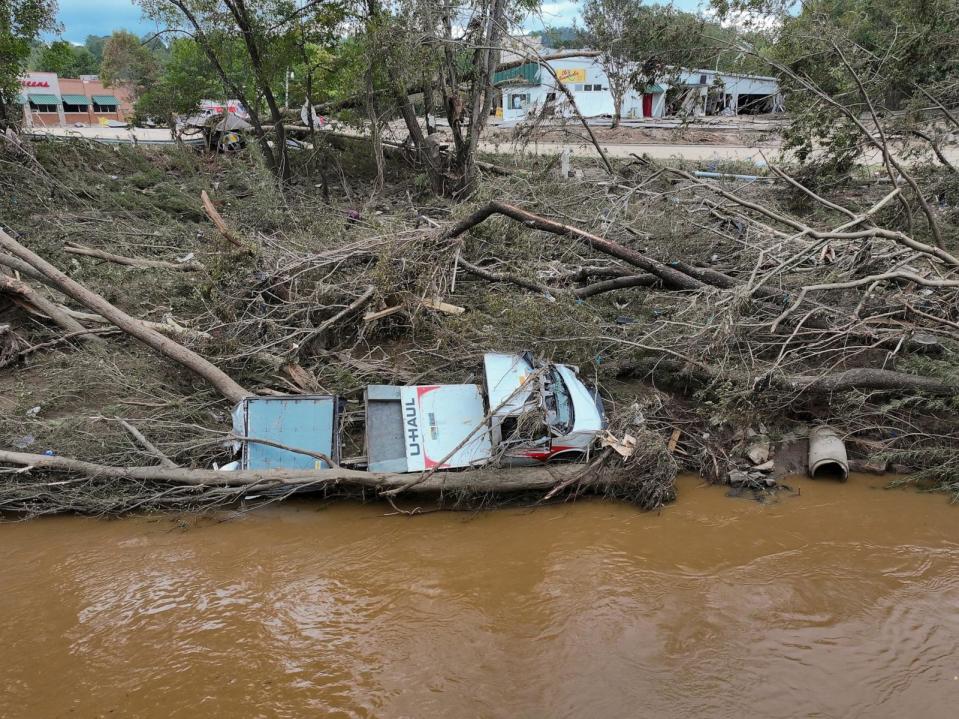Asheville, North Carolina, has been suggested as a potential safe haven for climate refugees due to its temperate mountain weather and distance from the coast, which results in fewer extreme heat waves and wildfires. However, the fatal floods and landslides caused by Hurricane Helene in Buncombe County, where Asheville is located, demonstrate that no place is truly untouched by climate change. Experts warn that the impacts of human-caused climate change, such as increased rainfall and extreme weather events, are displacing people not only in the U.S. but around the world.
The concept of a “climate haven” has been criticized by climate experts, who argue that climate change is a pervasive issue that will affect communities globally. The designation of such havens is not a widely accepted or official term, and the criteria for identifying them are unclear. Antonia Sebastian, a professor at The University of North Carolina at Chapel Hill, emphasizes that climate change will impact everyone in some way, regardless of location. The recent devastation caused by Hurricane Helene in multiple states, including North Carolina, highlights the severe and far-reaching effects of extreme weather events.
Despite Asheville’s reputation as a relatively climate-resilient city, recent events have prompted city officials to develop a resilience assessment to address the growing list of climate-related dangers. Cities nationwide are urged to invest in climate change mitigation and preparedness to avoid costly damages and loss of life in the future. As climate change continues to intensify, it is crucial for communities to take proactive measures to enhance their resilience to extreme weather events and other climate-related risks.
Hurricane Helene, a Category 4 hurricane that made landfall in the Big Bend region of Florida, caused widespread devastation along its path through multiple states. North Carolina experienced record-breaking rainfall and flooding, resulting in numerous casualties and widespread destruction. The mountainous terrain of the region exacerbated the severity of the flooding and landslides, underscoring the importance of understanding local topography in assessing climate-related risks.
Kristina Dahl, a senior climate scientist at the Union of Concerned Scientists, emphasizes the need for society to shift away from viewing certain groups as climate refugees and instead focus on building resilience at the community and individual levels. The Institute for Economics & Peace estimates that 1.2 billion people could be displaced globally by 2050 due to climate change. As communities grapple with the impacts of extreme weather events, it is essential to invest in measures that enhance resilience and adaptability to mitigate the effects of climate change.
Asheville’s sustainability officer, Amber Weaver, has announced plans to develop a resilience assessment to address the city’s vulnerability to climate-related dangers. Experts stress the importance of investing in climate readiness and taking proactive measures to build infrastructure that can withstand the increasing threats posed by climate change. The tragic events caused by Hurricane Helene serve as a stark reminder that no place is immune to the impacts of climate change, and that collective action is needed to address the growing challenges posed by a rapidly changing climate.


